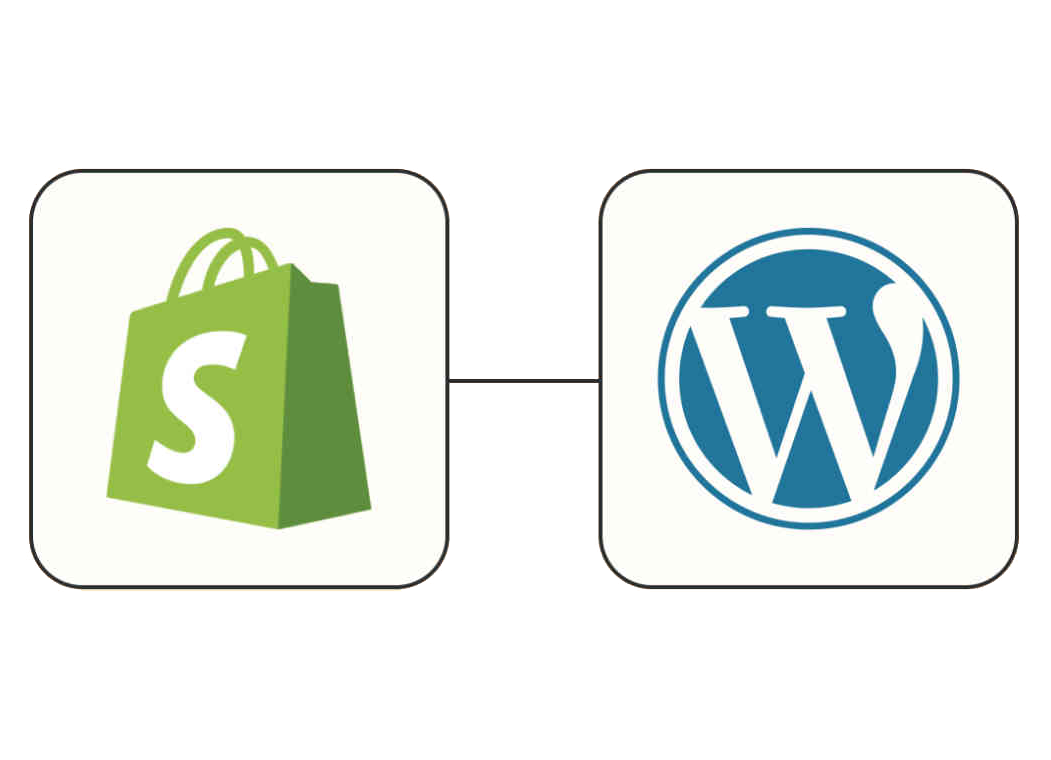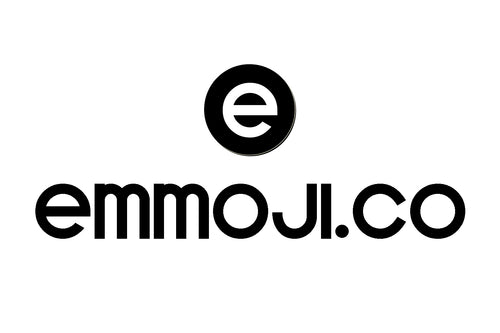
Shopify and WordPress are both popular platforms used to create and manage websites, but there are some key differences between the two:
-
Purpose: Shopify is primarily focused on e-commerce. It is designed specifically for building online stores and provides all the necessary features, such as inventory management, payment processing, and shipping integration, out of the box. WordPress, on the other hand, is a versatile platform that can be used for various types of websites, including blogs, portfolios, business websites, and e-commerce stores.
-
Ease of Use: Shopify is known for its user-friendly interface and intuitive setup process. It is a hosted platform, meaning you don't need to worry about technical aspects like hosting and security. WordPress has a steeper learning curve, particularly for beginners, as it requires more technical knowledge to set up and maintain. However, with the help of website builders and themes, WordPress has become more user-friendly over time.
-
Customization: Shopify offers a range of professionally designed themes that can be customized to match a brand's visual identity. It also provides a limited but sufficient number of plugins and apps to extend the functionality of the platform. WordPress, on the other hand, provides an extensive library of themes and plugins, allowing for a high level of customization. With WordPress, users have greater control over the design and functionality of their websites.
-
Hosting and Security: With Shopify, hosting is included in the package, and the platform takes care of security updates and backups. This reduces the technical responsibilities for the user. WordPress is a self-hosted platform, meaning users need to find their own hosting provider and handle security measures like updates and backups. This gives users more control over their hosting environment but also requires more technical knowledge and responsibility.
-
Cost: Shopify operates on a subscription-based model, with different pricing plans available depending on the features and services required. The costs cover hosting, security, and support. WordPress itself is free to use, but users need to pay for hosting, domain registration, and additional services like premium themes and plugins. Costs can vary depending on the chosen hosting provider and the specific needs of the website.
Ultimately, the choice between Shopify and WordPress depends on the specific requirements of the website. Shopify is ideal for users focused on e-commerce and seeking a user-friendly, all-in-one solution. WordPress offers more flexibility and customization options but requires more technical expertise to set up and maintain.
Request a Free Consultation!
---
Article by emmoji.co & ChatGPT
